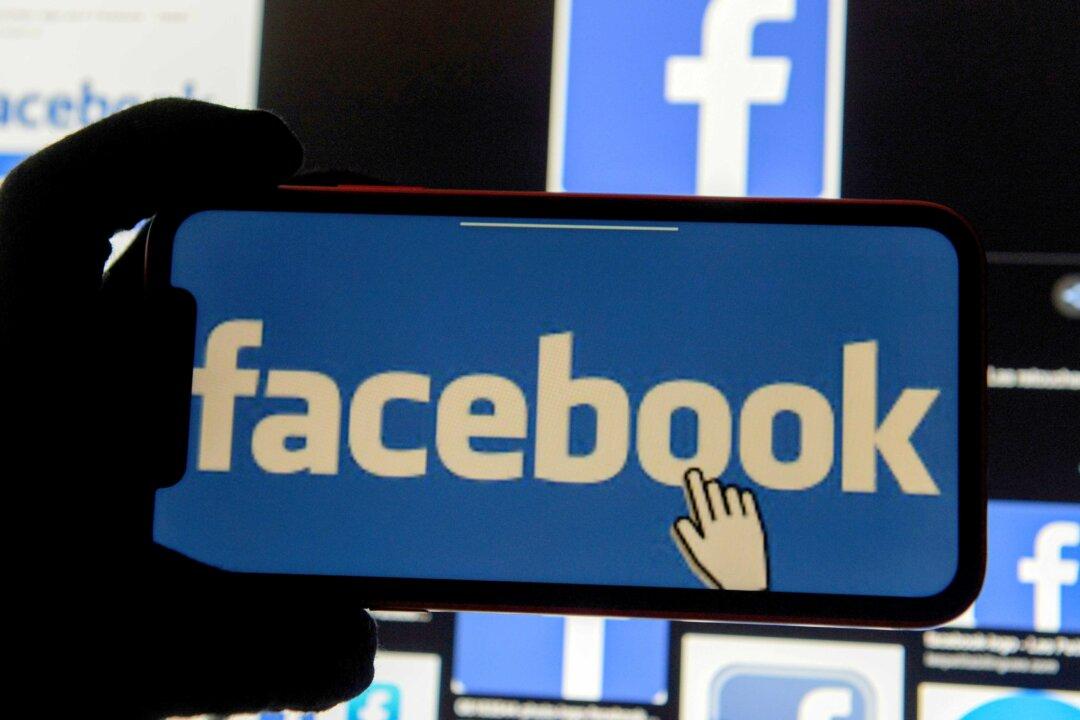If social media giant Facebook isn’t held responsible for allegedly violating a federal ban on robocalls, consumers may face a future onslaught of unwanted text messages and automated calls, the Supreme Court heard.
The Supreme Court heard the case known as Facebook Inc. v. Duguid telephonically. While one hour was allotted for oral argument, Chief Justice John Roberts allowed the Dec. 8 hearing to go on for 83 minutes.





